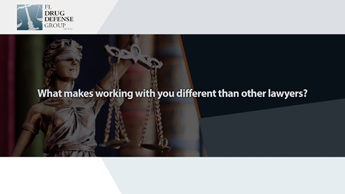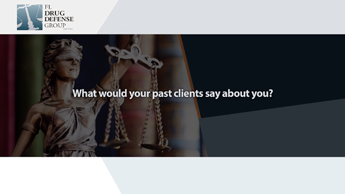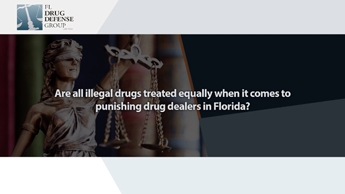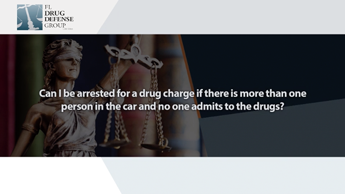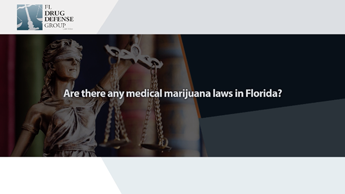You Can Tell Your Lawyer the Whole Truth During Your Drug Case

The surest way to avoid incriminating yourself is to exercise your right to remain silent. By not testifying in your own case, or by pleading the Fifth Amendment, you are providing the prosecution fewer opportunities to prove your guilt, which they must do thoroughly in order to get the jury to vote to convict you. Your silence or your pleading the Fifth does not prove your guilt. It is possible that enough silence from you can leave the jury completely unsure of whether you are innocent or guilty; in any case, the prosecution will have to base its strategy on something else. Meanwhile, you should also be as specific as possible about where the reasonable doubt lies. This may or may not involve providing detailed testimony before the jury about what happened on the day of the crime, but building a successful defense strategy always requires you to talk openly about your case with your Florida drug offenses attorney.
Why Attorney-Client Privilege Matters So Much in Criminal Cases
Your conversations with your criminal defense attorney are protected by attorney-client privilege. This means that, when you talk one-on-one with your lawyer, your lawyer is not allowed to reveal the content of your conversations to anyone else. The rationale behind attorney-client privilege is similar to that behind the confidentiality of conversations between a doctor and a patient or between a clergy member and a member of the congregation who is seeking spiritual counseling.
It is important to be candid with your lawyer during confidential conversations about your case. Your lawyer needs to know all the details in order to choose the most relevant defense strategies and to make your defense as airtight as possible. Unlike when you are on the witness stand, you don’t have to worry about saying things that could be interpreted in an incriminating way. In fact, even if your lawyer personally thinks that it is more likely than not that you are guilty as charged, it is still your lawyer’s job to find ways to establish reasonable doubt. By withholding details because you are embarrassed of them, or because you think they could lead to a friend or relative of yours getting criminal charges, you could be missing out on the defense strategies that are the most likely to get you acquitted.
Email is one way that things can get ambiguous with regard to attorney-client privilege. If multiple lawyers or paralegals within the same law firm are working on your case, then they are all within the same “circle of privilege” and bound by the same standard of confidentiality. Because it is possible to forward email threads, be sure to include the word “confidential” in the subject line if you want the content of an email to your lawyer to be protected by attorney-client privilege.
Contact FL Drug Defense Group About Drug Cases
A Central Florida criminal defense lawyer will use your confidential conversations to build an effective defense strategy for your drug crime case. Contact FL Drug Defense Group in Orlando, Florida to discuss your case.
Source:
smu.edu/ola/briefingpapers/attyclientprivilege2

